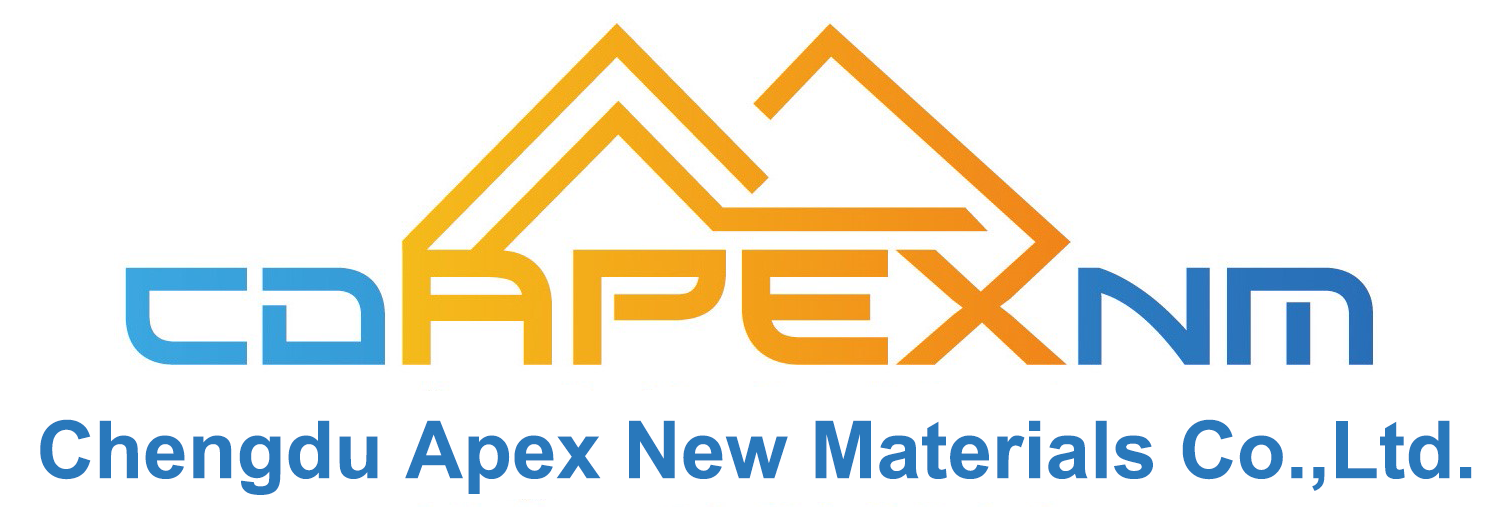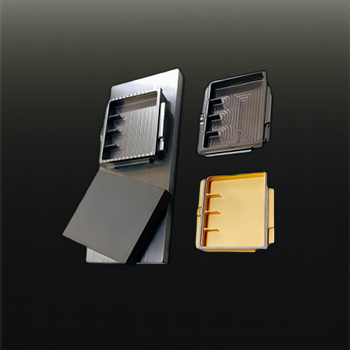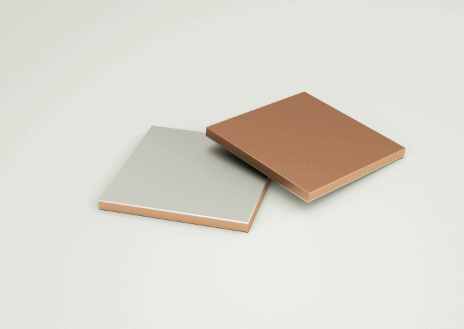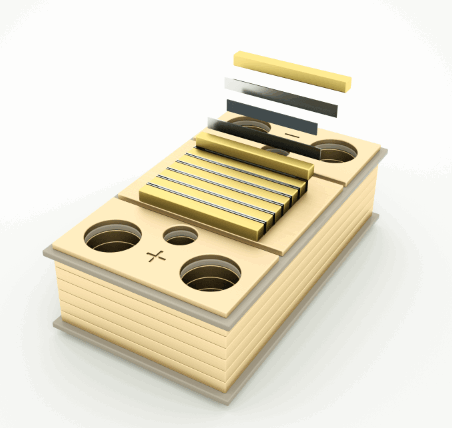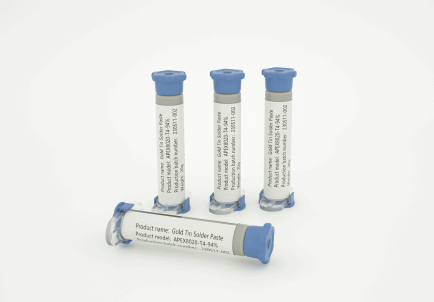Lead-Free Solder Solutions for RoHS 3.0 & REACH Compliance | Apex New Material
Regulatory Compliance & Lead-Free Solder Innovations: How the EU and U.S. Electronics Industry is Adapting
1. The Push for RoHS 3.0 Compliance: A Game-Changer for EU Electronics
Keyword: RoHS 3.0 Compliance
The European union’s RoHS 3.0 Directive has tightened restrictions on hazardous substances like lead (Pb) in electronics, mandating a shift to lead-free solder alloys. With 62% of EU electronics manufacturers now prioritizing RoHS-compliant materials (Grand View Research, 2023), the demand for alternatives like SAC305 (Sn-Ag-Cu) and low-silver variants has surged. However, challenges remain:
Thermal fatigue resistance: SAC alloys face reliability issues in high-stress environments.
Cost pressures: Silver (Ag) prices hit a 10-year high in 2023, pushing R&D toward Ag-reduced alloys.
For companies navigating these hurdles, Apex New Material offers RoHS 3.0-certified solder solutions that balance performance and compliance.
2. Tackling REACH Restrictions: Trace Metal Control in Solder Alloys
Keyword: REACH Compliance
Europe’s REACH regulations now enforce stricter traceability for metals like nickel (Ni) and cobalt (Co) in solder alloys. A 2023 report by the European Chemicals Agency (ECHA) revealed that 23% of non-compliant electronics failed due to undocumented trace metals. To address this:
Material transparency: Suppliers must provide full chemical composition reports.
Low-risk alloys: Shift toward Bi-based and In-based solders, which avoid restricted metals.
Apex New Material’s product portfolio includes REACH-compliant solder pastes with auditable supply chains, ensuring seamless market access.
3. Bi-Based and In-Based Alloys: Revolutionizing Automotive Electronics
Keyword: Low-Temperature Lead-Free Solder
The automotive electronics boom—projected to grow at 8.5% CAGR through 2030 (IDTechEx)—requires solders that perform in extreme conditions. Traditional SAC alloys falter in EV power modules and LiDAR sensors, where thermal cycling exceeds 150°C. Enter Bi-based (Sn-Bi-Ag) and In-based alloys:
Low melting points: Sn-Bi alloys melt at 138°C, ideal for heat-sensitive components.
Cost savings: Bi is 40% cheaper than Ag (S&P Global, 2023).
Apex New Material pioneers Sn-Bi-Ag-X alloys with enhanced ductility, solving brittleness issues in automotive applications.
4. Market Trends: Sustainability Meets Performance
Keyword: Sustainable Solder Solutions
The U.S. Inflation Reduction Act (IRA) and EU’s Circular Economy Action Plan are reshaping solder priorities:
Recyclability: 65% of U.S. electronics firms now prioritize closed-loop solder recycling (McKinsey, 2023).
Carbon footprint: Low-temperature solders reduce energy use by 30% in PCB assembly.
Apex New Material leads with eco-friendly solder pastes that align with global ESG goals, backed by ISO 14001 certification.
Why Choose Apex New Material?
Keyword: Advanced Solder Alloy Supplier
As regulations tighten and innovation accelerates, Apex New Material delivers cutting-edge solutions:
RoHS 3.0 & REACH compliance: Full documentation and testing support.
Bi/In-based alloys: Custom formulations for automotive and IoT devices.
Global logistics: Fast-track delivery to the U.S. and EU.
Explore our product showcase for solder alloys that meet tomorrow’s standards today.
Conclusion: Stay Ahead of the Curve
The shift to lead-free, sustainable solders is no longer optional—it’s a strategic imperative. With Apex New Material, you gain a partner committed to innovation, compliance, and performance. Visit our website to discover how our alloys power the future of electronics.
